Column
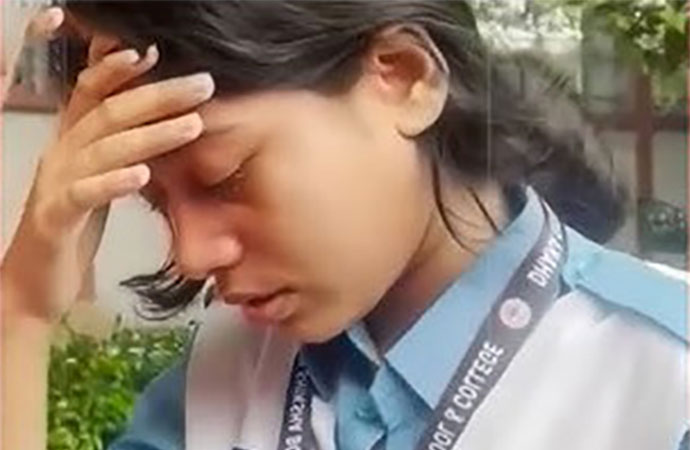
Anisa Ahmed. Photo: Collected
Dear Anisa,
You will probably never read what I am writing but I am reading myself as I write to you.
I am reading myself as an ageing Bengali. I have accepted my past, I am content with my present, and I have come to terms with what I think will be my future. In a word, I have made peace with time. To do so is to let time take me over and decide what to do with me. What else can I do? I have reconciled myself to the act of being myself. At this age, one of my favourite songs is "Oi Mahasindhur Opar Theke", written and composed by Dwijendralal Roy and sung incomparably by Manna Dey. The lyrics of the song promise me deliverance from earthly time because I am old and should be looking forward to freedom from the bondage of my years.
But then there is you. You are a teenager. Everybody is a teenager once in a lifetime. I, too, was. At your age, time is not a final destination, not an ultimate sanctuary in the midst of the turmoil called life. Time is a lair, a trap. There is never enough time for anything. No time to eat, no time to sleep, no time to read beyond prescribed texts, no time to dream, no time to fall in love, no time for time itself.
Yet, the seasons of time are observed, its rituals followed. In your case, time proved to be an unexpected enemy. You, Anisa Ahmed, appeared late for your HSC examination at Mirpur Government Bangla College. You were denied admission and could not take the Bangla First Paper test. I learnt from social media reports that your father is no longer alive, your mother suffered a stroke in the morning of your examinations, there was no one to help you, you admitted your mother to hospital, and then you rushed to the examination centre. You were not allowed into the examination hall. You were late, that is, you had run out of time.
What does running out of time mean? It means that time, which governs the regularisation, periodisation and legitimisation of all human activity, had lapsed in your physical absence between your mother's stroke and your arrival at the examination hall. Time had lapsed because you had defied it. You had defied it, not out of choice but out of compulsion. That difference did not matter. You had defied time all the same. Thus you were fit for punishment: exile from the examination hall.
You broke down in tears. Your suffering was captured on social media. Strangers shared their time with you. They protested against the administrative ordering of time in favour of the human possibilities of time. They wanted the time that you had spent taking your mother to hospital to be counted towards the time that you had lost in appearing for the examination. They demanded the humanisation of time. They demanded the time when you would not cry. Tears stop in time: They wanted your tears to stop then and there. They wanted a new time to begin for you now.
Good News
I have read that you will be allowed to take that missed paper again, in time. That is good news.
It is good news because other humans, each subject to the individual passing of time through their collective midst, gave lapsed time a kick in its smirking face and rallied around you instead, as if examination schedules, official rules and traffic routes did not exist. In an epiphanic instant, in an inflammable moment of reclaimed autonomy from the structures and strictures of everyday life, the anonymous passage of time was waylaid, kidnapped and burnt to cinders. People retrieved themselves from the constant debris that time leaves behind itself and sought change. Those people were no longer owned by time: They sought to own time. To own time is to be able to change its course. They did so. For you.
Your tears, that helpless offering to the absent deity of time, incensed the living to surround you with their mortal seconds, minutes and days. The lapsed time that had kept you out of the examination hall itself lapsed. A new time was born for you.
Remember this much, then. Time is not predestined. It is but an artefact that you and I and others can mould. A doctor who revives a half-dead patient and sees him walk out of the hospital reinvents and renews time.
Can you be that doctor, Anisa Ahmed? Or a teacher who reasons with children so that they can be doctors one day? A singer who announces the return of passions roused by rhythmic sound in a stone-deaf world? An architect or engineer who will build a new material infrastructure fit for habitation by human imagination? Will you be anyone whom time will think twice about before accosting?
Be that person. Do it for others. Do it for yourself.
With Love,
Asad Dadu







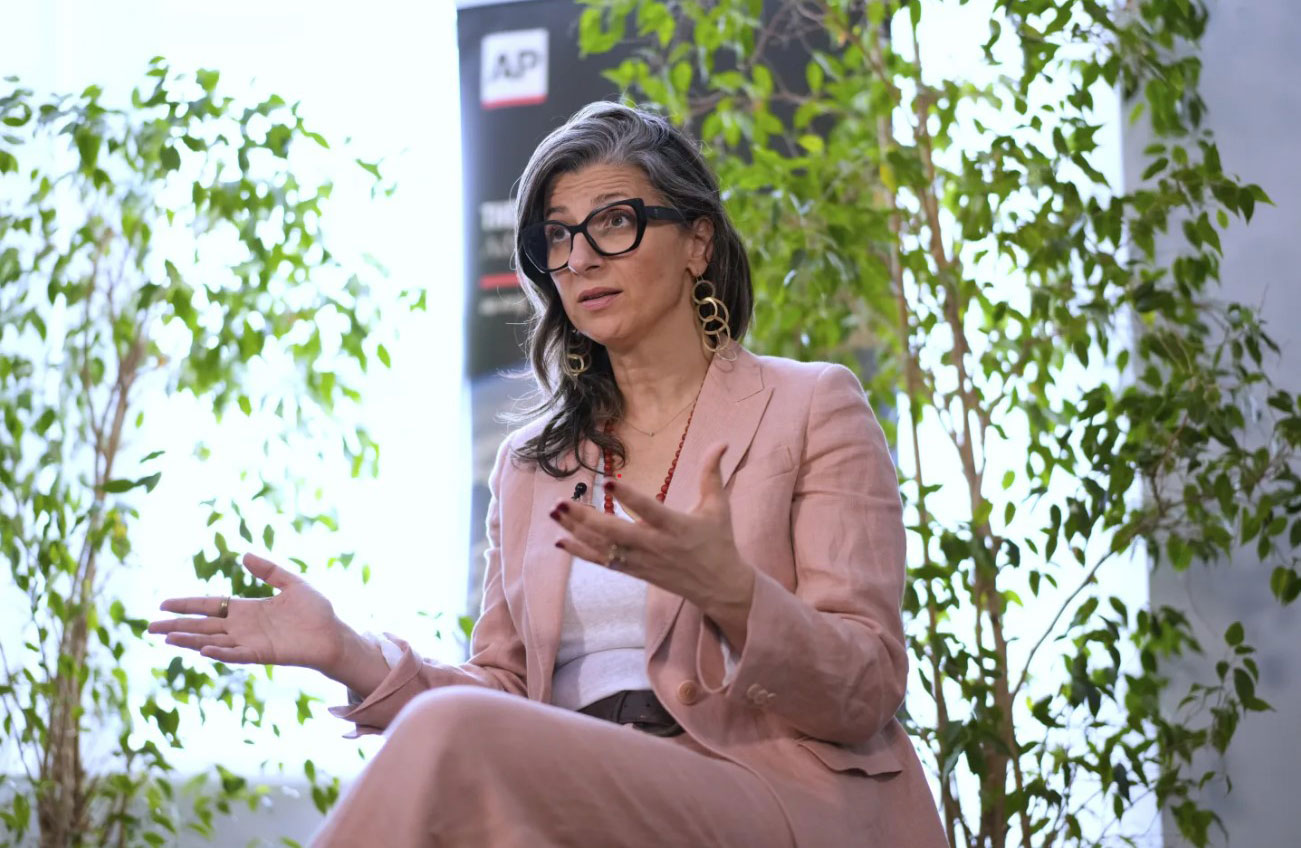


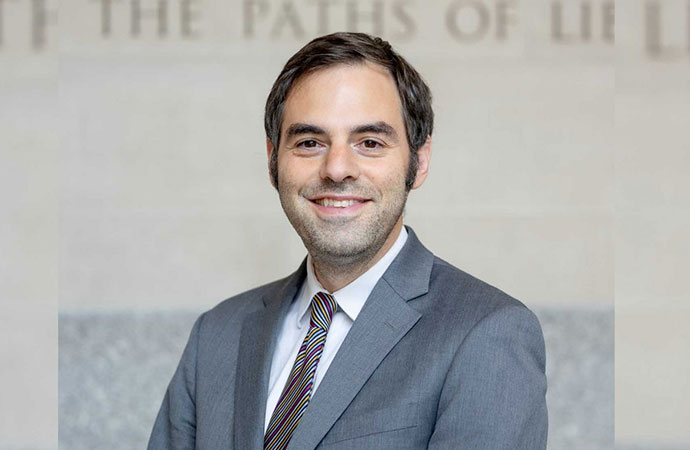
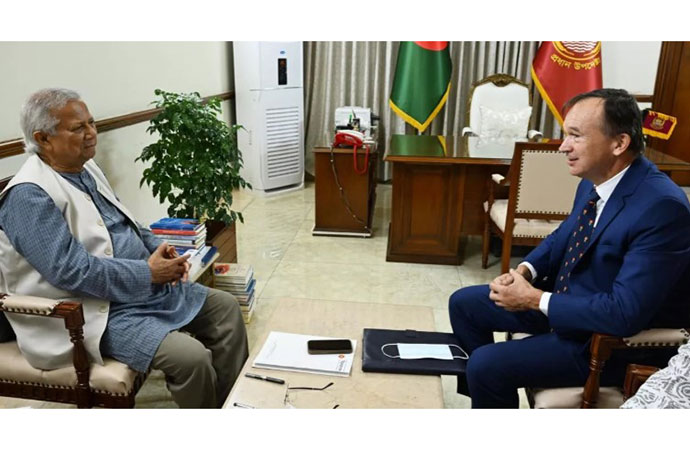
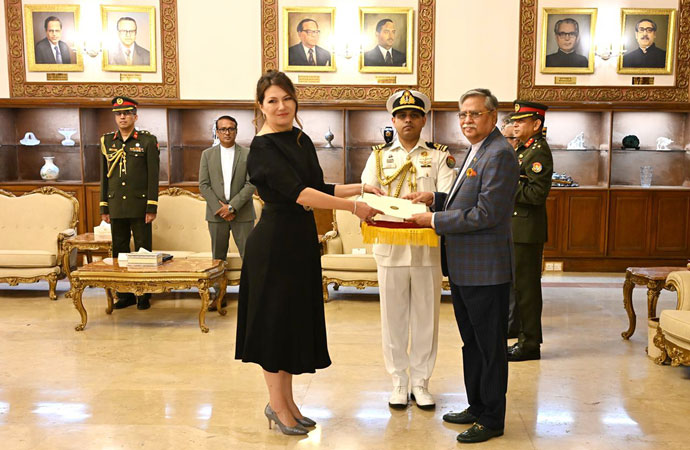

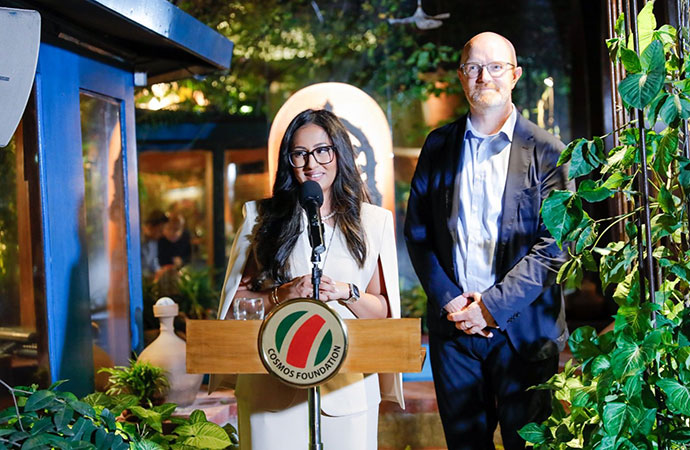





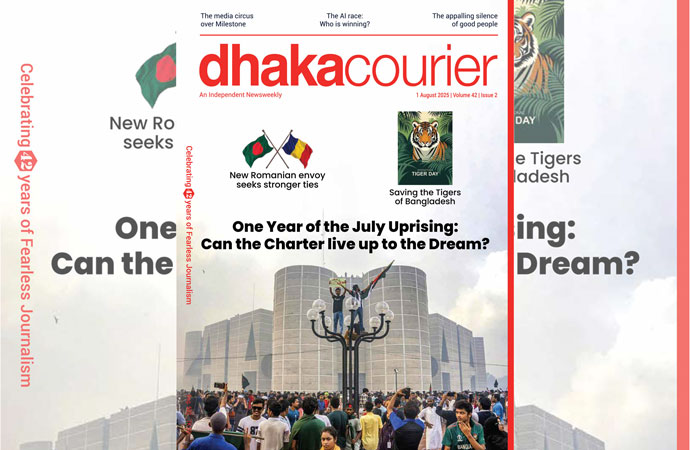



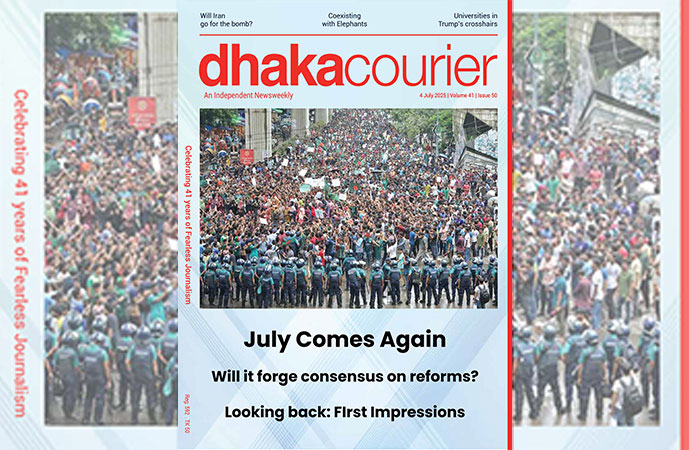
Leave a Comment
Recent Posts
Destination Election
The first anniversary of last year’s July Uprising, an epochal e ...
US President Donald Trump sign ...
US President Donald Trump signed an executive order Wednesday (Aug. 6) ...
Chief Adviser Muhammad Yunus wrote to the Election C ..
Next year’s election to mark major test for post-Has ..
Dutch envoy lauds Prof Yunus for steering Bangladesh ..
When teachers learn from their own teaching: My case ..